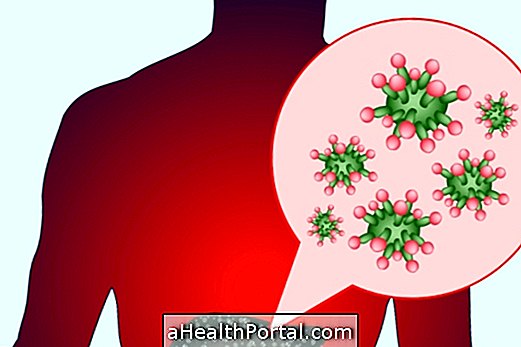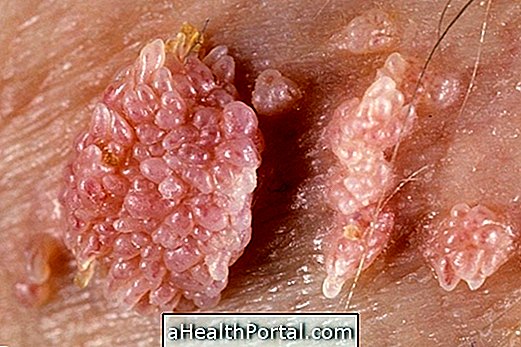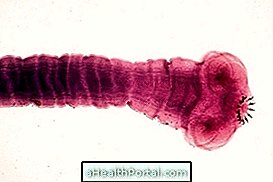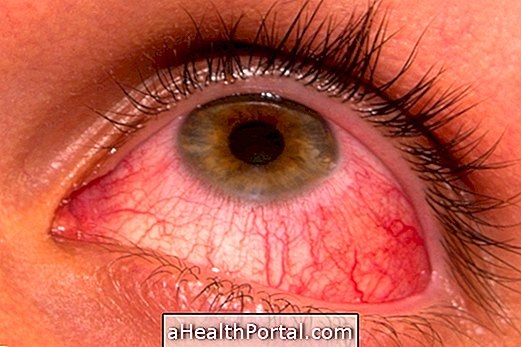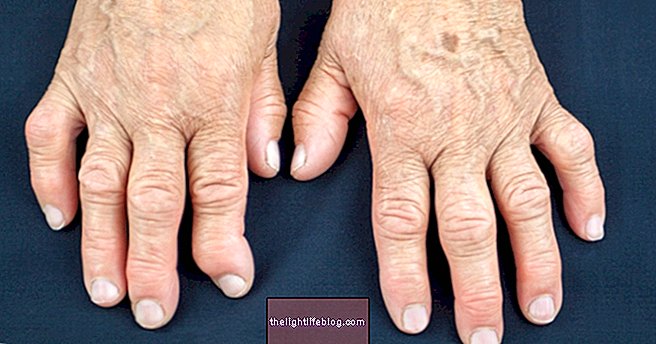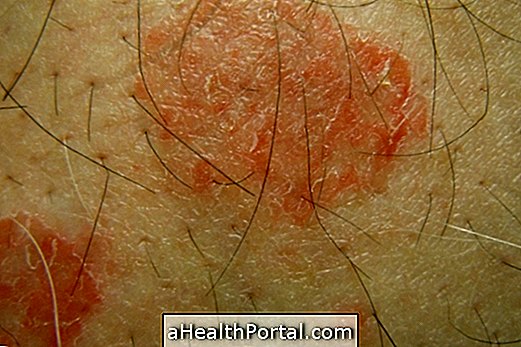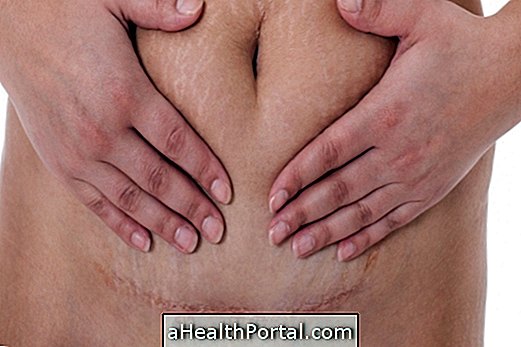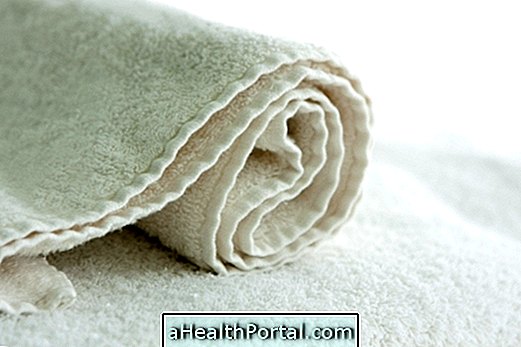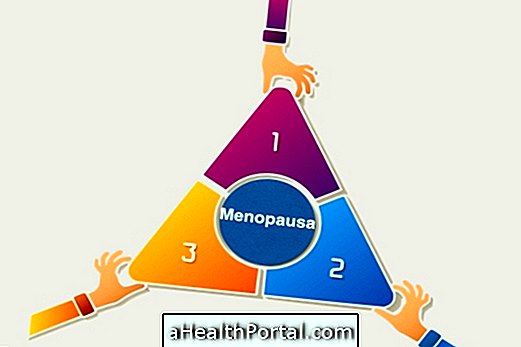Treatment for typhoid fever, an infectious disease caused by the bacterium Salmonella typhi, can be done with rest, antibiotics prescribed by the doctor, diet indicated by the nutritionist with the minimum of fat and calories and the ingestion of liquids such as water, natural juices and teas for moisturize the patient.
Inpatient hospitalization is usually required in severe cases of typhoid fever, for the individual to receive antibiotics and saline through the vein.
Recommendations for typhoid fever
Recommendations for typhoid fever, which should be followed to prevent typhoid fever and also during treatment, include:
- Wash hands before and after using the bathroom, before meals and preparing food;
- Boil or filter the water before drinking it;
- Do not eat undercooked or raw foods;
- Prefer cooked foods;
- Avoid making meals away from home;
- Avoid frequenting poor sanitary and hygienic conditions;
- Do not let the child accept food from strangers or drink water from school drinkers;
- Warn and do not let the child put objects in their mouths because they may be contaminated;
- Separate a bottle with mineral water or boiled or filtered water only for the child.
It is very important that you take these precautions because typhoid fever can be transmitted by eating food or water contaminated with feces or urine of the sick person or the individual who, despite no symptoms at all, is still infected with the bacteria.
If the individual is traveling to a region where the risk of being contaminated is high, the typhoid vaccine is the best way to prevent the disease.
Signs of improvement in typhoid fever
Signs of improvement in typhoid fever include decreased head and belly pain, reduced episodes of vomiting, decrease or disappearance of fever, and disappearance of reddish patches on the skin.
Usually, symptom improvement usually occurs around the 4th week after infection with the bacteria.
Signs of worsening typhoid fever
Signs of worsening typhoid fever are related to the worsening of symptoms, such as increased fever, more red spots on the skin, in addition to those that already existed, increased headaches and tummy aches, as well as episodes of vomiting and of coughing, which may be accompanied by blood, increased swelling of the belly, which may be hard and blood in the stool.
Complications of typhoid fever
The complications of typhoid fever arise when treatment for typhoid fever is not done properly and include:
- Abdominal bleeding;
- Intestinal perforation;
- General infection of the organism.
In extreme cases, typhoid fever can lead to coma and even death.
Useful links:
- Symptoms of typhoid fever
- Typhoid fever
- Cholera
